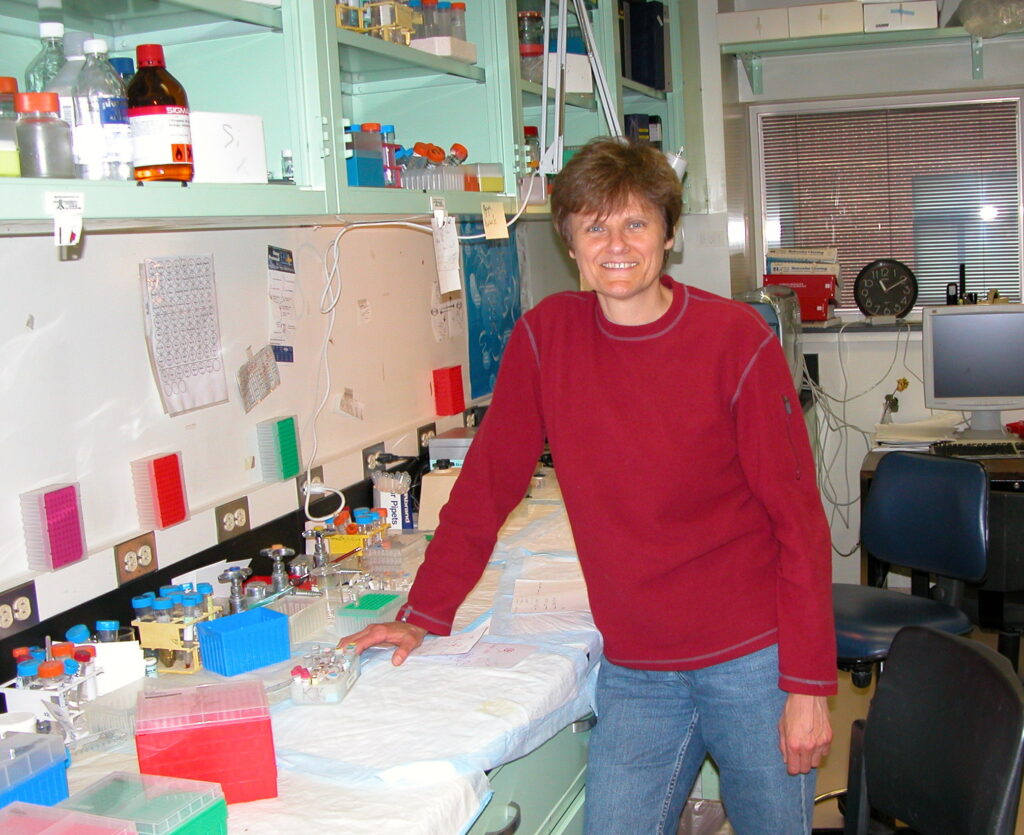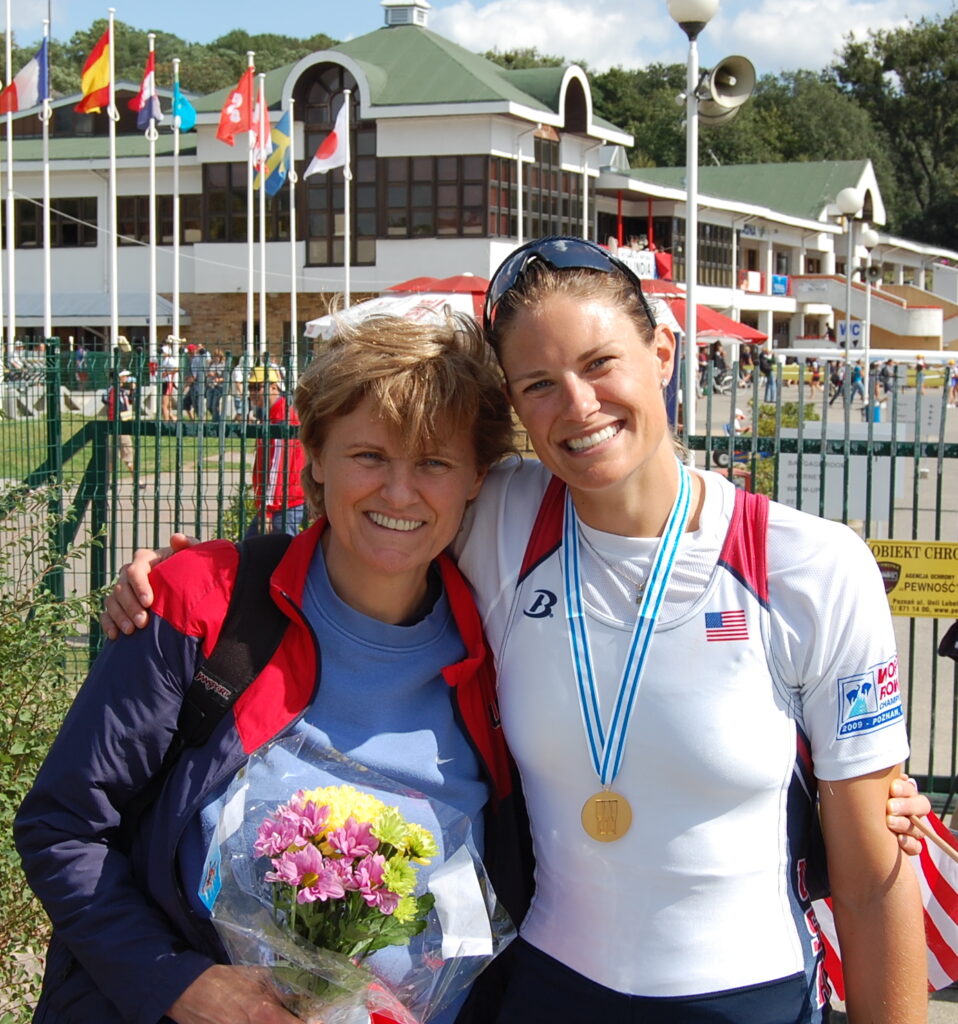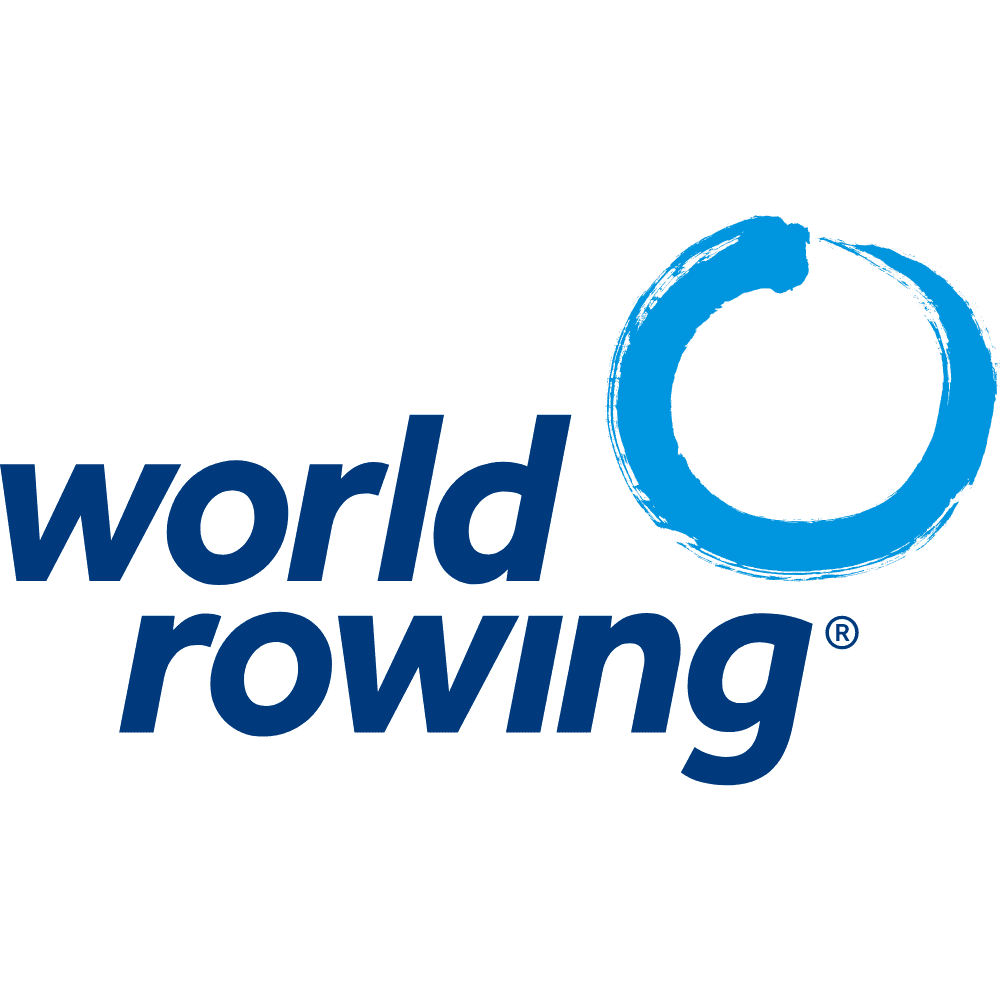
03 Mar 2021
Unlocking the essential element to rowing and the Covid-19 vaccine
She was only a toddler when her family left their home in Hungary for a new life in the United States. It’s a story of immigration that so many around the world can relate to, yet Susan Francia’s life has been far from ordinary.
Francia went on to travel the world in an illustrious rowing career that included back-to-back Olympic gold medals in the women’s eight in 2008 and 2012, and a spectacular double victory in the pair and eight at the 2009 World Rowing Championships.
Talent may have had a role to play, but more likely it was the strong example of success, or at least the unflappable determination to keep trying in the face of setbacks, Francia saw at home growing up. Her mother, after all, is Dr Katalin Kariko, whose obscure decades-long mission to unlock the medical potential of mRNA – essential to both the Pfizer/BioNTech and Moderna COVID-19 vaccines – is now super-charging the global quest to end the pandemic.
It’s a story of rowing and the Covid-19 vaccine. World Rowing spoke to Francia about the impact of her mother’s work on her own life’s journey.
Early Inspiration
“I thought it was really cool,” Francia says of learning more about her mother’s work as she was growing up. “I could see that she was very invested in it. I also knew that she had experienced some challenges, hardship and rejection.
“What stood out for me was how she persisted and even when she had hardship she always thought, how can I learn from this and move forward to the next opportunity?”
As a biochemist researching a little-understood technology trying to make modified messenger RNA a viable therapeutic, Kariko came up time and again against roadblocks. Funding her work was especially difficult. Through it all she had an unwavering belief that what she was doing would one day serve humanity.
“I always saw that if she had a grant rejection or whatever, that she was so enthused by the discoveries she was making that it didn’t even matter because she believed in it,” says Francia. “I learned that if you have a goal, setbacks don’t matter.”

“I can do anything”
When it comes to what her mother’s determination taught her, Francia is quick to answer. “It just made me think that I can do anything,” she says. “Sometimes, because she is an immigrant and has an accent, my mum wasn’t taken seriously. It just made me believe that if I am dedicated to something, I can achieve my goal no matter what obstacles I have to overcome.”
It was a lesson Francia took to heart in her time rowing on the United States national team. “I never experienced any gender inequality,” she says. “It was more about the challenges of being an elite amateur athlete in general. No one does this for the money. Everyone does this because they absolutely love it and want to challenge themselves.
“It is the same way with my mum, working in academia. She didn’t have well paid positions, but she loved what she was doing and always thought that it wasn’t really work. I can relate because rowing and practice and racing all those years didn’t feel like work to me – it was fun.”
The pursuit of excellence
Whether it was as a rower or now in her new role working in the same field of biotechnology as Kariko, who is Senior Vice President at BioNTech, Francia is grateful for her mother’s positive influence in her life.
“She pushed me to never settle,” Francia says. “She was always interested in science, finding opportunities and solutions to healing people. My background is not in biology, it is in business. Getting my MBA and being able to work with all of these biotech and pharmaceutical companies and hearing about their latest technology is pretty exciting.”
That work has also added a new level to the mother-daughter relationship: “I actually work for a biotech [firm] that makes one of the raw materials that goes into the Pfizer/BioNTech vaccine,” says Francia. “So my mum is my client.”

Nobel prospects
As for recent calls that Kariko be awarded a Nobel prize for her life-long work that is now changing the face of medicine and helping to heal the world from a terrible pandemic, Francia says whatever happens her mother will, as always, take it in stride.
“I think she deserves recognition,” says Francia, “but I don’t think she expects it. For her, the real recognition is that it works. It is almost like winning a race. A gold medal is nice to have, but winning the race is what matters. There is an inner pride that says, heck yeah, I won today.”
For all of Kariko’s dedication to her research in the service of humanity, Francia reflects with admiration at her mother’s unflagging commitment to her family.
“I admire that she was able to do it all,” says Francia, “to be a good mum, be there to support me, and also show me that her own work is important. There were times she had to work, but she would also say ‘okay, let’s go outside and run around and have fun.’”
As an expectant mother herself, Francia is glad for Kariko’s example. “It is something I can look up to.” It’s also a legacy of excellence that Francia can pass along to another generation.

